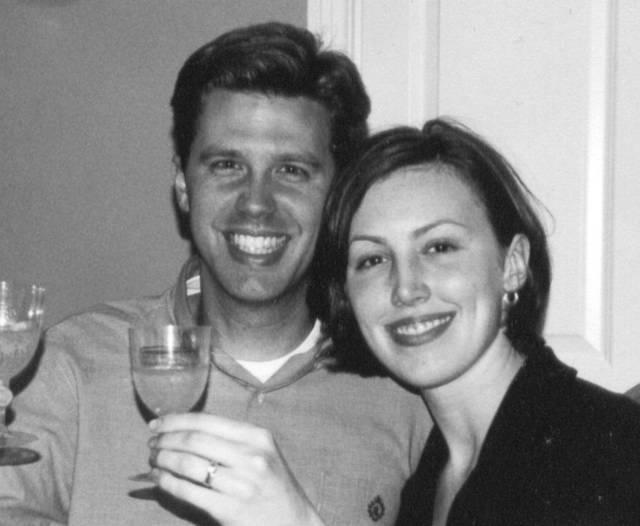I was up later than usual last night. Did I want to get up at 5:42 this morning? No. But, a little girl whose name starts with an “M” decided that was a very good time to start her day.
I’ve discovered that I really can’t think very coherently after about 8 o’clock at night. (Whether or not I can think coherently at any other given time is also debatable.)
Last night I had a conversation with someone about euthanasia, in the context of
Million Dollar Baby. There were some things that I couldn’t articulate last night – but I happened to have some spare time to mull them over again at 5:42 this morning.
What happened in
Million Dollar Baby, no matter how sorry people felt for Maggie or how much they could rationalize the actions of Frankie, is murder. (There was an active participation in death as opposed to a mere refusal of treatment.)
It should also be noted that people who experience a sudden disability often go through a prolonged period of depression.
According to the
National Council on Disability:
“When a person is not born with a disability, the onset of a substantially impairing condition and the awareness of one's new physical or mental limitations usually come as a blow to a person's self-image and psychological balance. Disabilities that are the result of violence, accident, or illness usually are accompanied by additional emotional repercussions. The inception of disabilities is often associated with a period of hospitalization or other intense medical intervention that adds additional disorientation. Pain and medication may take an additional toll on emotional equilibrium. Family members and friends may be devastated by what has happened and find it hard to relate to the individual in ways they normally did in the past. Neither the individual with the new disability nor friends and family members may have any idea how people adapt to such a condition, any concept of rehabilitation possibilities, nor a clue that many people are living fulfilling and joyful lives with the same or even more severe conditions. To a person newly confronted with the realization that he or she has a disability, it may appear that the ‘whole world has been turned upside down.’ Strong feelings of fear, helplessness, anger, sadness, shame, and confusion are common.
“It is typical, therefore, for people who have recently been confronted with a disability to experience a period of disorientation and depression. … Most people with disabilities gradually come to accept and live constructively with their disabilities.”
On a policy level, I don’t think it’s ever appropriate for society to permit people to kill other people. Depressed people need help – not friends and doctors who will kill them when they are experiencing an emotional low.
On a personal level, I would hope that, should someone I know and love become disabled, they would allow me (and others in their life) to show them how much I love them and how valuable I think their life is, despite the disability. I would hope that person in my life would, over time, find reasons to live and learn to adapt and love life again despite the hardships.
God has numbered our days. He is in control of all things. He gives grace to endure all things. He is the one who gives life and takes it.



